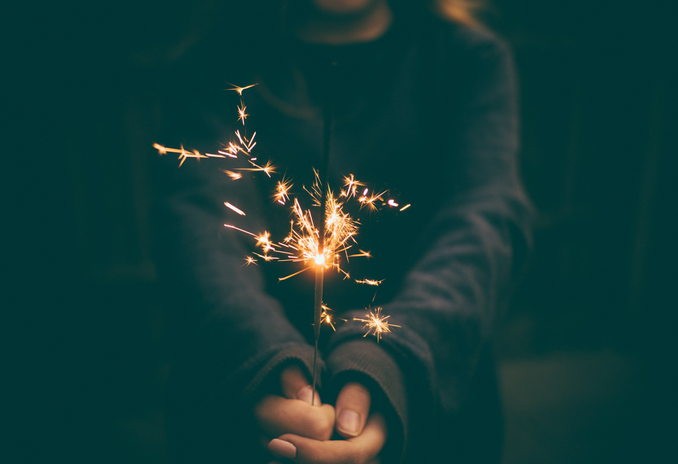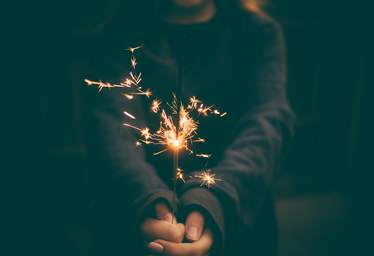The English language; a marker of dominance and classification, the impeccable sequence of words that overpowers the dialect of my ancestral roots. The taste of exile within my foremothers songs passed on through drums that carry their weary cries. A constant reminder that I’m an outsider, lost in a realm of blissful ignorance. I’m a product of the torment inflicted on my people, drenched in the blood of the tongues that were forcefully cut out of my ancestor’s mouths. I’ve realized that I was destined to know how to speak English so fluently, while resembling the same features of those within my East African lineage, but valued in the Western society. A tactic that seemingly erased a piece of my identity, one of the most finest and profound ways of being in the world.
I found myself alienated growing up. I was unable to speak my mother tongue. I indulged in a role that I haven’t studied well enough by perpetuating a false reality of what it’s like to survive in a third-world country. I’ve learned that I partake in a power aspect of the colonial system through speaking the English language. It’s a determiner of civilizational hierarchy, the entry into acceptance and the chance of opportunities. We begin processing language at birth, and my mother tongue tends to only exist in my mental world.
But I’m still an Oromo, raised within a nurturing family that forces me to remember that my flesh once embodied the dialect of the other – Oromiffa. It’s more than just words. It manifests a spirit that’s restless, demanding to have recognition of its existence. It’s an urge for a sense of belonging, and for that I’m overjoyed to know that I come from an African land that’s argued to be the birthplace of humanity.
The move from Ethiopia to Canada was anything but easy for my parents. It was more like a voyage; an endless route that lured them to a destination of uncertainty that spanned over a decade. War was emerging between Ethiopia and Somalia, and my people had to run with just the clothes on their backs with no time to bury their loved ones. So they left their homeland wondering if they’d ever see Oromia again. Some people perished and were eaten by wild animals, others died in the midst of deprivation of basic necessities. It took starvation and homelessness to strive for a better life, defeating the obstacles that tried to restrict them from living comfortably.
My mother grew up in a predominantly wealthy family back home in Ethiopia. My great uncle owned a huge farm with a lot of cattle and herbs, producing enough money for the entire family to live happily. She often recalls the extremely poor that she would see on the roads, begging for change and food, their bodies consisting of skin and bones. Generally, her family believed they were better than the beggars, but my mother always felt sorrow and empathy towards them. But after the war began, they escaped to the neighbouring country of Djibouti; and suddenly found themselves in the same unfortunate position.
My parents met in Djibouti and had a long friendship before deciding to get married to one another. My mother worked as a maid and my father worked as a street vendor. She remembers having to sleep on the floor at nighttime, sometimes with no blankets or pillows. She would place cardboard on a dirt ground for a mattress, and usually had no food to eat. They worked relentlessly in the blistering hot sun to make a living, but they had a good time. My mother always mentions that back in Africa the concept of loneliness never existed. In her village, all the neighbourhood kids would play together, the adults would be cooking or working while the elders would sit and pray. Weddings included drums and tambourines with call-and-response songs. A woman (or man) would be singing to a crowd and they would repeat after her/him or continue on the song in harmony. They’d wear their vibrant coloured cultural clothes and heavy beaded jewelry, as they would swing their box braids, move their shoulders, and clap their hands while stomping their feet in different tribal dances. They didn’t have much, but they had each other.
When I’m told these foreign stories, I can’t help but feel disconnected from my heritage. I love my cultural music, although I typically find myself asking my mother to translate the lyrics. She’s often reminiscent of childhood songs, discussing topics of love, struggle, death, and perseverance. Freedom songs were shouted through dreadful tears, a common tradition among the African people that were outlets to communicate the oppression they experience within their own countries that spiritually unifies them. But all I know is that my name, Dararrtu means blossom/growth and my middle name, Abdi, means hope in Oromiffa; but even then I had to ask my mother what they meant.
Whenever my grandmother comes over, I can’t speak to her due to language barriers. I can understand Oromiffa more than I can speak it, unlike my older brothers who struggle both ways. One night, my grandmother said, “You have to learn how to speak Oromo, English is not your language – Oromo is.” That statement became the confrontation of my two identities, one of a Westerner and one of an African. I started to contemplate on who I really am. Am I trying to be someone I’m not? Would I ever truly be regarded as an Oromo woman? Am I truly an outcast? All of these questions raced through my mind like an uncontrollable stampede.
My ancestral language will forever be engraved into the soil of East Africa. I’ve learned that I’m in fact an Oromo regardless of my inability to speak my mother tongue. My fluency in the English language has not deterred me from wanting to learn Oromiffa, because I want to reclaim that element of my unique identity. I’m not subject to inferiority, and I no longer get upset at the mispronunciation of my ethnic name. I have recognized the purpose of my language: to sustain a beautiful culture that was intended to be forgotten. It symbolizes unity, resulting in togetherness. I will always praise Oromo people for never permitting anyone to deter their self-love and their reluctance to feel inadequate. It’s a learning process, but one must understand a culture goes beyond words.



